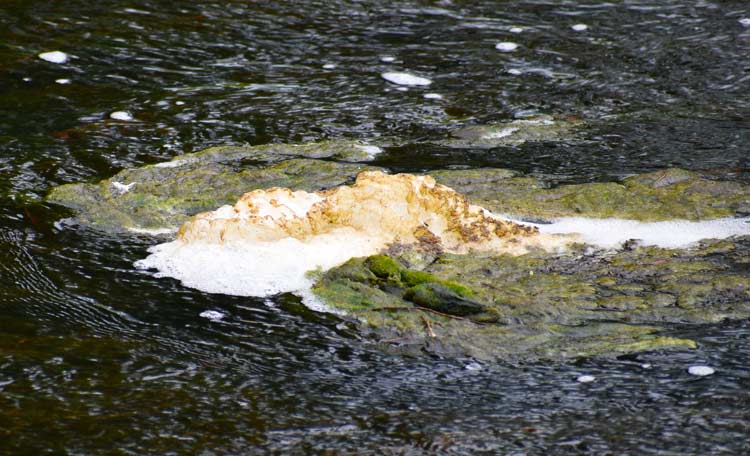More focused and co-ordinated enforcement is needed by local authorities to protect water and air quality, cautions EPA.
- Local authority inspection numbers remained high (180,000 in 2020) despite the impact of COVID-19. However, water inspections decreased by 30 per cent and air and noise inspections decreased by 10 per cent.
- Focused water quality enforcement and follow through on non-compliances in key areas such as farm and septic tank inspections needs improvement.
- The burning of non-complaint solid fuel remains a key issue impacting on human health, with co-ordinated and targeted inspections of fuel supplies required.
- More resources need to be targetted at water and air enforcement to address the environmental and health challenges highlighted.
The Environmental Protection Agency (EPA) has today released its report on local authority environmental enforcement activities for 2020. The EPA has seen a high level of inspections and enforcement actions carried out by local authorities, with the bulk of these relating to waste and litter. Local authorities also handled a substantial volume of environmental complaints during the year – predominantly relating to waste issues.

Waste enforcement activities largely remained resilient in 2020. However, the EPA found progress on water and air enforcement priorities lagged behind waste enforcement, primarily due to having less resources assigned to them and a lack of enforcement co-ordination services, across the local authorities.
EPA stated: “The resilience of the waste enforcement activities and better co-ordination through the support of the regional waste shared services is to be commended. However, it is concerning to see the reduced enforcement activity in water, air and noise, given the decline in our water quality and the impact of poor air quality and noise on the environment and human health. Local authorities must address these challenges as a matter of priority in their enforcement activities.”
The national water quality monitoring programme was substantially completed by local authorities, providing up to date information on water quality. However, there is not enough evidence that this information is being used effectively by local authorities to target local enforcement efforts.
Mr Noel Byrne, Programme Manager of the EPA’s Office of Environmental Enforcement said:
“National water monitoring data is showing a continuing decline in water quality and more needs to be done to protect our water environment. Local authorities need to make sure that they are targeting inspections of farms and septic tanks in the areas of greatest risk and are taking effective enforcement action where non-compliances are found.”
In addition, the burning of non-complaint solid fuels remains a key issue impacting on air quality and human health. Local authorities should engage in co-ordinated and targeted inspections of solid fuel supplies and take follow-up enforcement actions to ensure that the environment and health are protected.
The Focus on Local Authority Environmental Enforcement Report 2020 is available on the EPA website, which contains an infographic highlighting the main findings from the report.
Further information: Emily Williamson, EPA Media Relations Office 053-9170770 (24 hours) or media@epa.ie

Leave a Reply